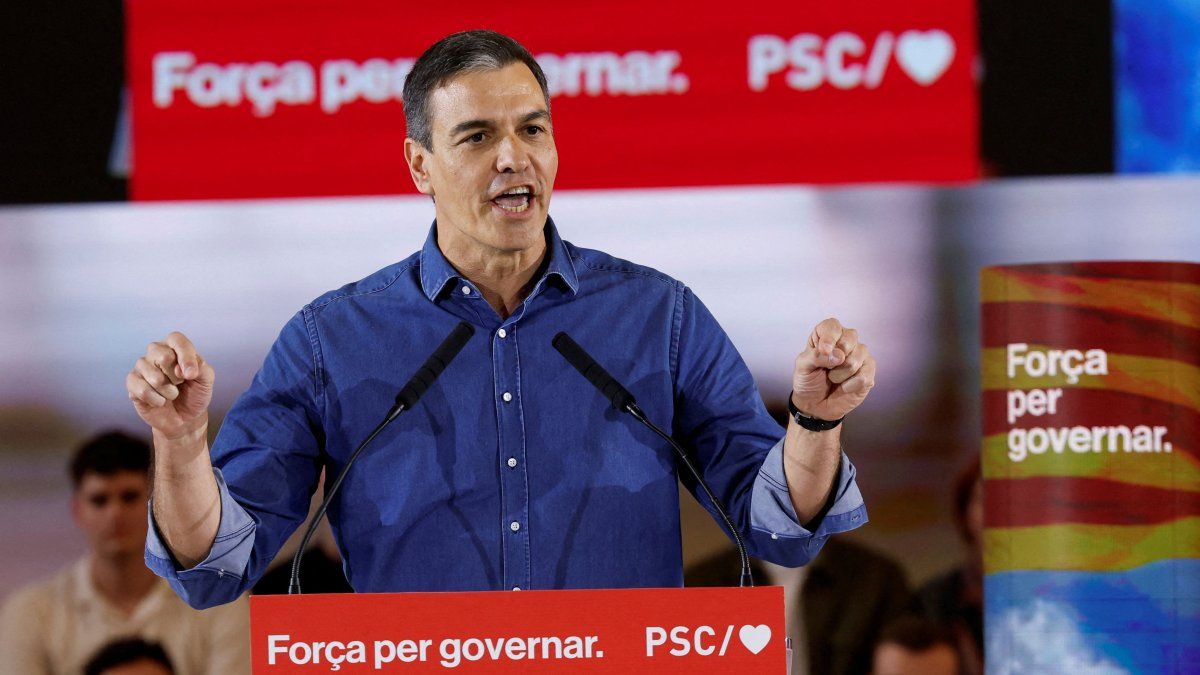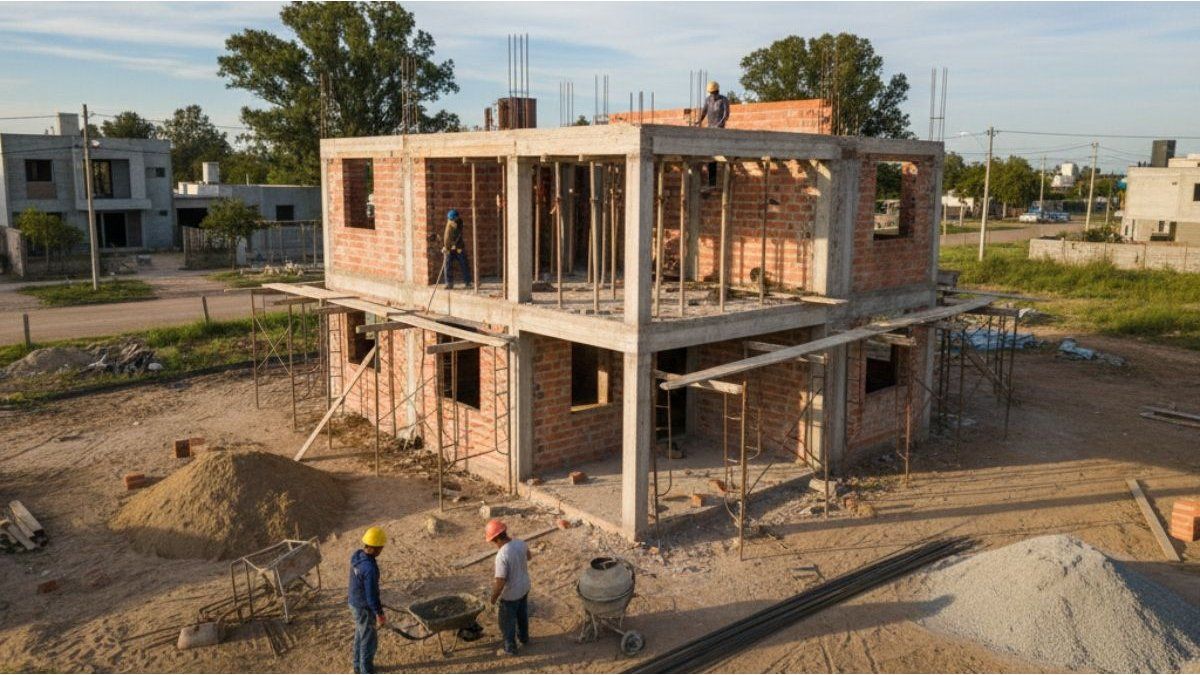The pro-independence parties, which have governed Catalonia for a decade, would not reach a majority in the regional Parliamentaccording to the partial results of Sunday’s elections, in which the Socialist Party would winsix and a half years after the secession attempt in 2017. For Pedro Sanchez It represents a political relief, after 2 weeks ago he had to deny his resignation as Spanish president, due to a case against his partner.
With 73% of votes counted, the three separatist formations that until now had a majority, among them Carles Puigdemont -leader of the secessionist attempt-, would remain at 59 seats, without reaching the absolute majority of 68, while the socialists would obtain 42 deputies.
Puigdemont’s formation, Junts per Catalunya (Together for Catalonia) would obtain 35 deputies, while the other large separatist party, the Republican Left of Catalonia (ERC) of the current president Pere Aragones would collapse to 20 and the far-left separatists of the CUP would add 4.
In the previous regional elections, in February 2021, the three parties totaled 74 seats.
The socialists of the president of the Spanish government Pedro Sánchez, led in Catalonia by Salvador Illa, would not reach the majority either and will have to seek alliances to govern.
A possible formula for the socialists could be to add the support of the radical left, which is already part of the central government, and seduce ERC, from which it obtains parliamentary support in Madrid, in a movement that would mark its break with almost a decade of collaboration. separatist.
Although he is not directly participating in the elections, Pedro Sánchez also had a lot at stake in these elections, in which he intended to demonstrate that Catalonia left its separatist rule behind.
With eight million inhabitants, this rich region in northeastern Spain was involved in a failed secession attempt in 2017, when Carles Puigdemont presided over the region, unleashing one of the worst political crises in contemporary Spain.
Source: Ambito




